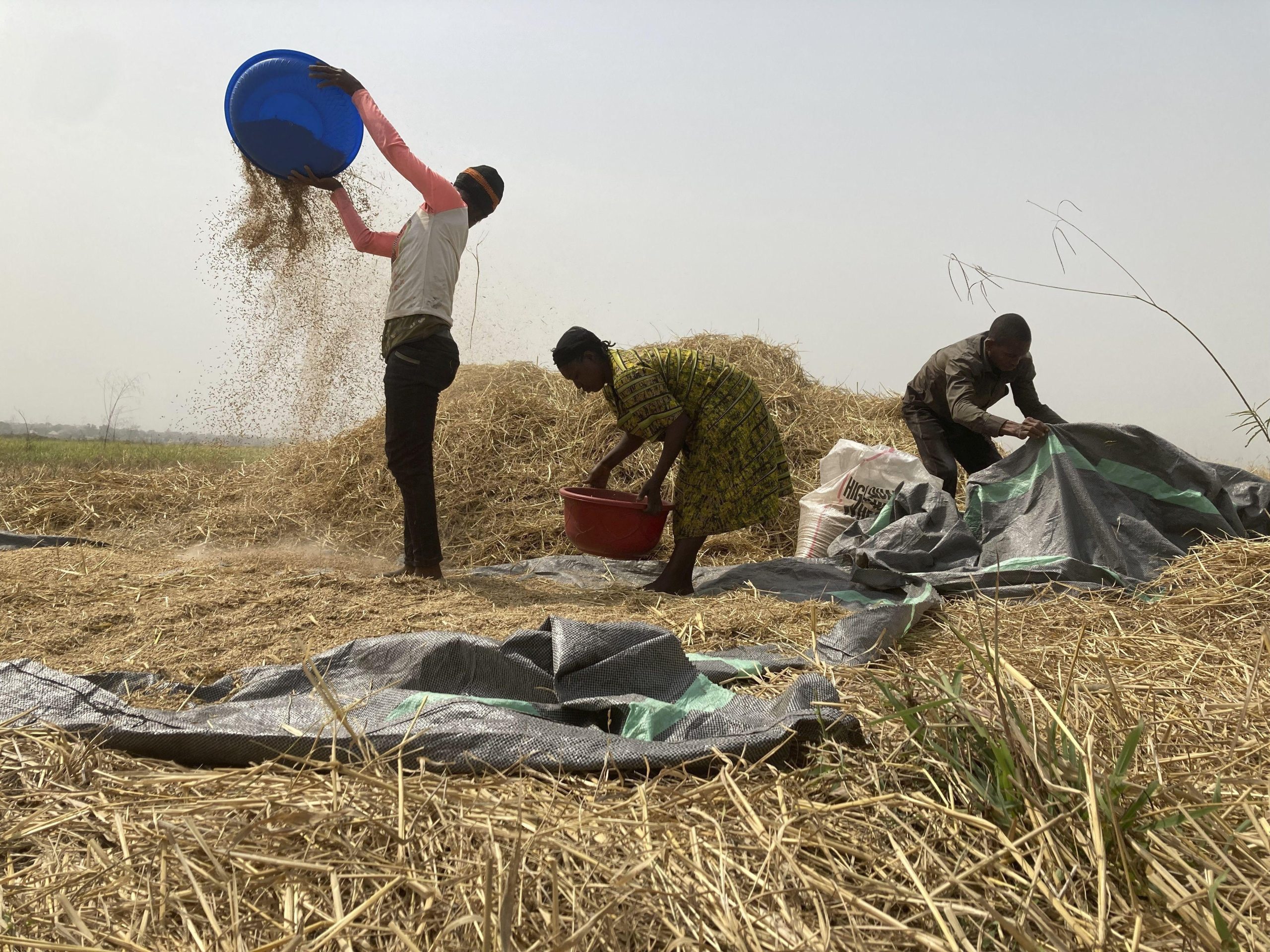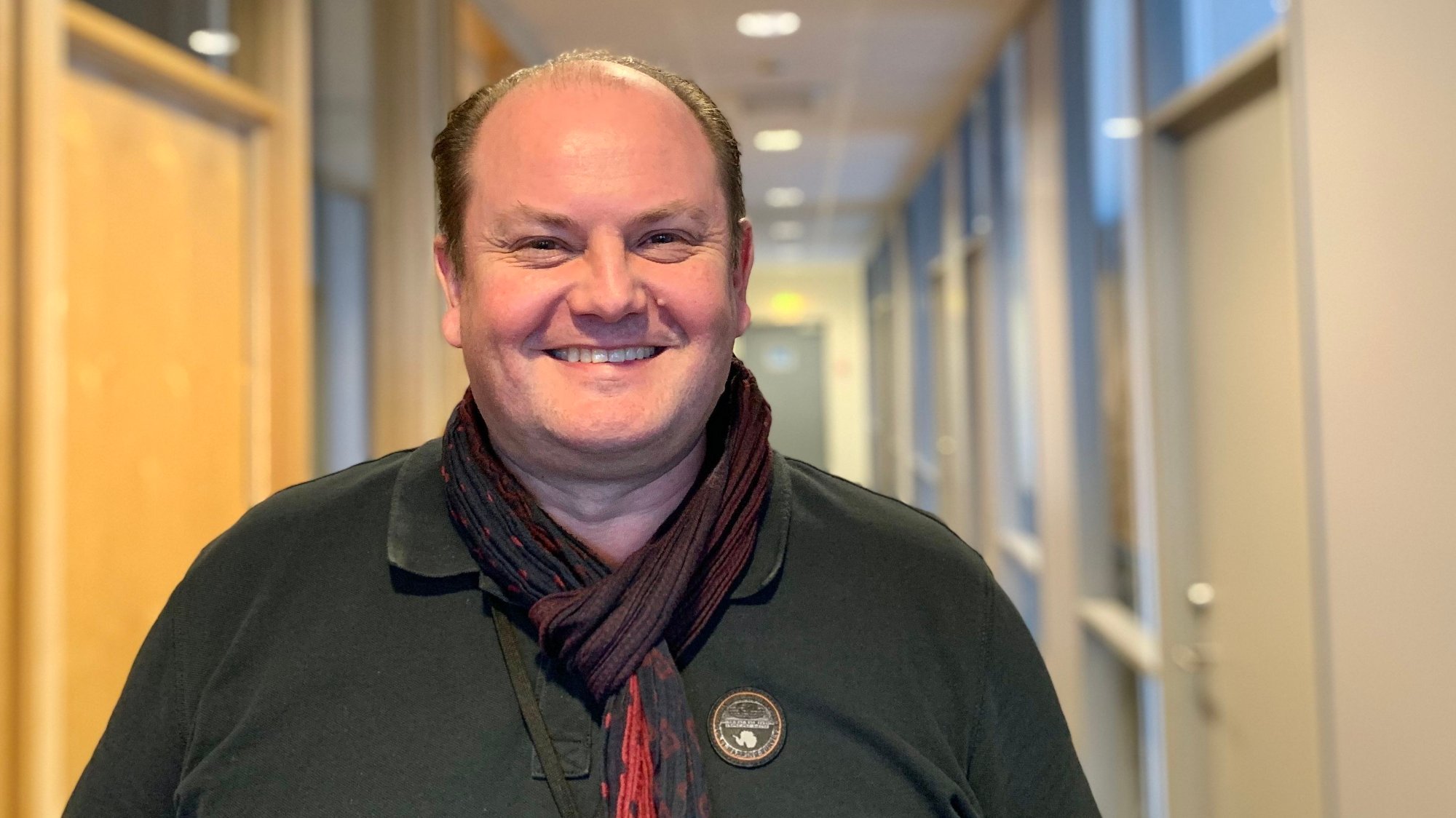Decarbonization of the global economy will take center stage during the UN’s COP27 climate talks in Egypt next month. When oil is finally phased out, the world needs more and more minerals used in cleaner technology. That is why the eyes of the world are now turning to Africa, where many countries have soils rich in manganese, cobalt, nickel and lithium – very important components of cleaner technology.
The Mwanda region of Gabon alone contains up to a quarter of the world’s known reserves of manganese. That’s according to Compagnie Miniere de l’Ogooue (Comilog), a subsidiary of the French Eramet group, which mines manganese here.
Countless studies show that resource exploitation in Africa has a long and dark history of unjust distribution of wealth, labor exploitation, environmental damage and human rights abuses.
Don’t lie too deeply
However, expectations are high in Garbon.
– We’re lucky here in Mwanda. We find manganese about five to six meters below the surface, says mine manager Olivier Cseppi. About 36 tons of manganese are extracted daily from the mine here.
Big excavators work hard in the bleak open pit landscape. With giant jaws, they rip manganese and throw the block into trucks with a loud bang.
Manganese is element 25 in the periodic table. It is traditionally viewed as a very useful material, and is widely used in steels and alloys. But recently, the silver metal has risen to stardom thanks to its new role in rechargeable batteries, which could help reduce the world’s dependence on fossil fuels.

In oil-producing African countries, black gold has usually meant great wealth to a few well-connected – and is thus often a curse to the vast and poor majority. Photo: Eric Gay/AP
The curse of the oil
But expectations that the mineral boom will lead to a new boom among most people in the world’s poorest continent are not very high. On the other hand, the fear of repeated oil extraction in Africa is great.
In oil-producing African countries, black gold has usually meant great wealth to a few well-connected – and is thus often a curse to the vast and poor majority.
Much corruption has sucked money out of road plans, hospitals, and schools. The damage to the environment was often all that was left to the locals.
Huge potential
– The former chief economist of the African Development Bank, Rabah Arezki, says that Africa’s potential is huge in terms of minerals.
– But he adds – there is no good reason to believe that these values will benefit the people of Africa. It is believed that the management mechanisms are very poor for that.
Deposits of new minerals follow each other at an astonishing pace, and the reserves remain unknown because so little excavation has been done so far.
The Australian company Firefinch Ltd, for example, has been searching for gold at Goulamina in southern Mali.
– When we were looking for gold, we came across lithium, says Seydou Simija, geologist and local director of the company.
Firefinch set up a local subsidiary, Leo Lithium, and opened a lithium mine in the new year — a facility that companies believe could create 1,200 jobs and generate more than $100 million annually in taxes and profits.
Simon Hay, director of Leo Lithium, believes that Africa could certainly be the world’s most important source of lithium.
You must have a social policy
Comilog, which has operated the Moanda mine since 1960, claims to have created 3,400 direct and 6,000 indirect jobs and contributed about $345 million annually to the national economy in various forms. In addition, the company has provided millions of dollars in health and education services to the population.
You must have a binding social policy so that this wealth can be shared, says CEO Iod Paul Batullo.
Comilog is also keen to list its green principles, which include rehabilitating and replanting extraction sites, removing carbon from the plants’ energy mix, as well as placing limits on encroachment on wildlife areas.
value string missing
The main problem is that Africa is usually used as a source of raw materials, but not for processing goods, says Gilles Lipsant, a geographer at the French National Center for Scientific Research (CNRS).
If the activity is limited to mining and ore extraction, Africa will not reap any benefit from Europe’s energy transition. He believes that it is absolutely necessary to invest in the value chain.
He singled out the Congo, which is believed to have half the world’s reserves of cobalt. The country is a good example of both opportunities and curses. Here, poorly regulated mining leads to significant environmental damage and also encourages child labour, a phenomenon that is difficult to counter when many families depend on this income.
The demands of rich countries
When it comes to tropical forests, many rich countries require timber and labor traceability to reassure concerned consumers at home.
– Lepesant believes traceability is very difficult to achieve for metals used in car batteries and other electronic gadgets.
– In many cases, the metal is exported for refining to other countries, for example China, and then combined with other metals. Therefore, it becomes difficult to tell if the cobalt in your production line actually comes from a mine in the Congo, he points out.
Analyst Hugo Brennan of Britain’s Verisk Maplecroft says African countries must provide incentives to invest while implementing social and environmental standards. It’s a very difficult balancing act.

“Explorer. Unapologetic entrepreneur. Alcohol fanatic. Certified writer. Wannabe tv evangelist. Twitter fanatic. Student. Web scholar. Travel buff.”




